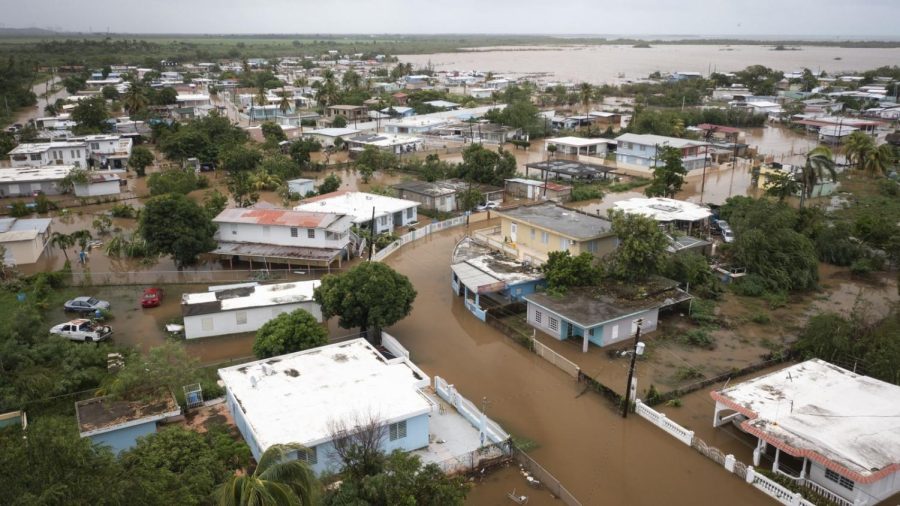Pop Culture News is Overshadowing Far More Than it Should
Pop culture news seems to have steadily dominated media coverage for the last few years, and the Queen of England’s recent death shows just how entranced the public becomes by celebrity news.
As an American currently studying abroad in London, it is evident to me that the queen’s death was a major historical event and worthy of respect and attention from the public. From weepy eyes to large personalized cards, every U.K. citizen I encountered had some kind of visceral reaction to the loss of their monarch. It was beautiful to see how large an impact one woman had on, not only her country, but the world as a whole, since nearly over 28 million people around the world streamed the Queen’s funeral.
There is nothing inherently wrong with the public finding interest in famous figures. In fact, it seems to be a point of unity between people to discuss celebrity news. The Kardashians are proof of this phenomenon, with articles published every day about the most mundane details of their lives.
That being said, there is a current problem with the amount of airtime and attention news sources give particular stories. This past week, a terrible hurricane struck Puerto Rico, leaving countless people without clean water, electricity or the means to receive help. Large areas of the island were damaged by heavy rain, which forecasters predict will last for several days. The island’s citizens are facing a heightened danger of landslides and flash floods, leading to the devastation of urban areas.
It seems that the disaster that occurred, however, was not covered by the media nearly as much as the queen’s funeral. For every headline I have seen about the disaster in Puerto Rico and the steps that officials are taking to try to cope with it, there have to be at least a dozen headlines about the royal family and how they are facing the monarch’s death dominating the News app on my iPhone. It’s safe to assume that almost everyone in the U.K. — and much of the Western world — is aware of Elizabeth II’s passing, especially after a 10-day period of mourning during which social media, television and digital billboards have been overrun by the loss.
Meanwhile, Hurricane Fiona remains a significant ongoing news story, and not nearly enough attention is being allocated to it. There are dire consequences to this lack of media coverage, as the more that a story is pushed into the public sphere, the more people gain awareness and can thus offer assistance. If news outlets did more to cover the hurricane in Puerto Rico, then relief efforts would likely be expedited. Unfortunately, with little assistance from the international community, hundreds of people are suffering in Puerto Rico.
It is clear that the media must satisfy public demand in order to continue operating as a business. Therefore, it is only logical that the stories with the most clicks would get boosted the most. I’m also not going to point the finger at the spectators. I’m not that interested in the royals, but everyone has some kind of pop culture obsession. However, no media outlet should make it a point to prioritize this specific type of news over important, consequential events.
To report with integrity as journalists, stories should be equally covered, or at the very least, the difference in coverage should not be as stark as it has been between the hurricane in Puerto Rico and the live-streamed funeral of Queen Elizabeth II’s.
Carolyn Branigan, FCRH ’24, is an English and Film & Television major from Tinton Falls, N.J.










































































































































































































